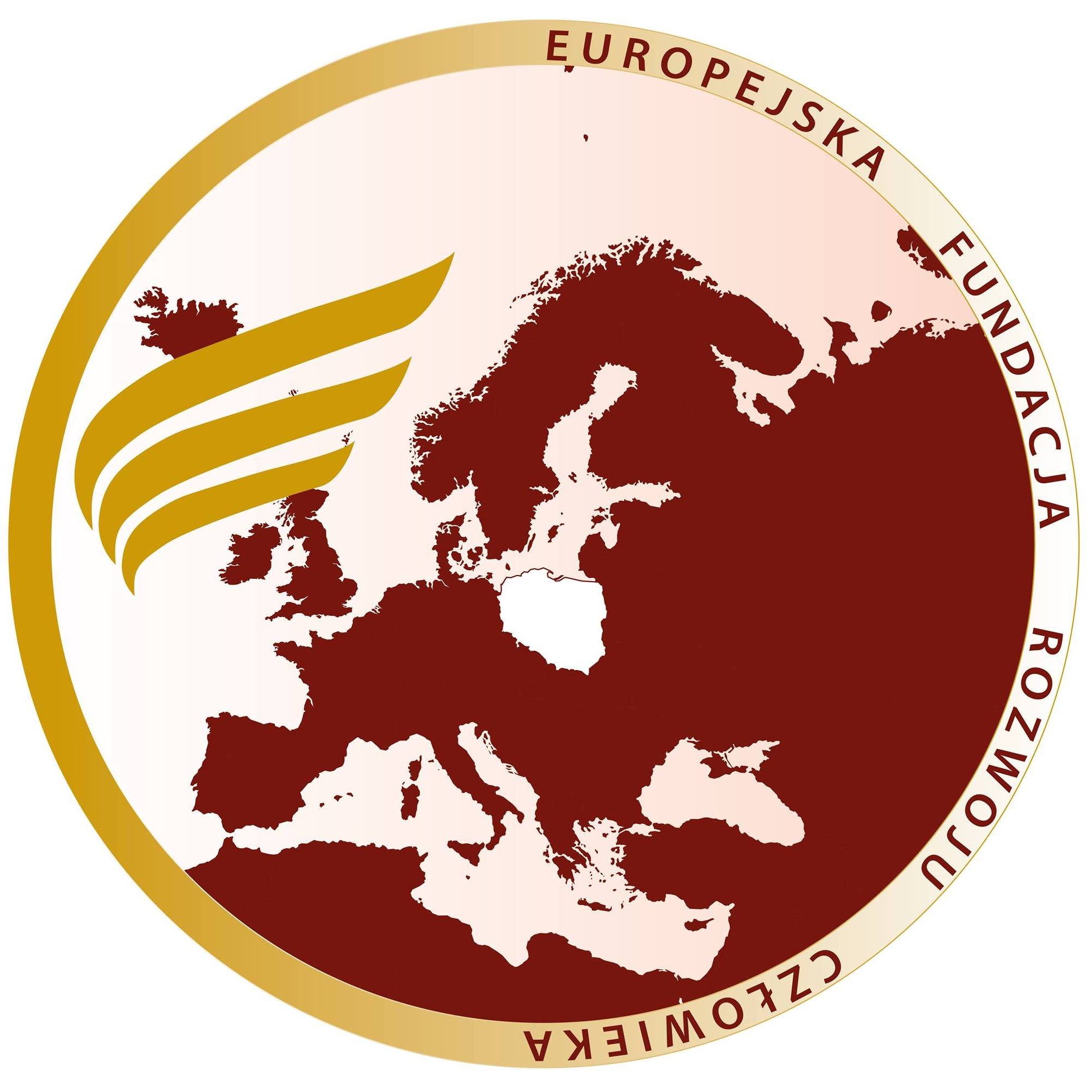
Source: The Boston Globe, 2015
Gleb Pavlovich Yakunin was born in Moscow on 4 March 1936, he was a Russian priest and dissident who fought for the principle of freedom of conscience in the Soviet Union.
Gleb Yakunin studied biology at the Irkutsk Agricultural Institute, graduating from the Moscow Theological Seminary of the Russian Orthodox Church in 1959. In August 1962, he was ordained a priest and appointed a member of the parish church in the city of Dmitrov. Yakunin argued that the Church should be independent of the control of the Soviet state and was therefore banned and removed from its functions in May 1966.
In 1976, he created the Christian Committee for the Defense of the Rights of Believers in the USSR, publishing hundreds of articles on the suppression of religious freedom in the Soviet Union. As a result, in August 1980, Yakunin was arrested and convicted of anti-Soviet ideals, being held in the KGB prison in Lefortovo until 1985, and then in a forced labor camp known as “Perm 37”.
In March 1987, Mikhail Gorbachev granted him amnesty and he could return to Moscow. In 1990, Yakunin was elected to the Supreme Soviet of the Russian Federation and served as vice president of the Parliamentary Committee for Freedom of Conscience. He coauthored the “freedom of all denominations” law that was used to open churches and monasteries across the country. He created the Committee for the Defense of Freedom of Conscience in 1995.
He died at the age of 78 on 25 December 2014.
References
Rusak, V., Yakunin, G. , Pushkarev S. (1989). Christianity and Government in Russia and the Soviet Union: Reflections on the Millennium. Westview Press.








